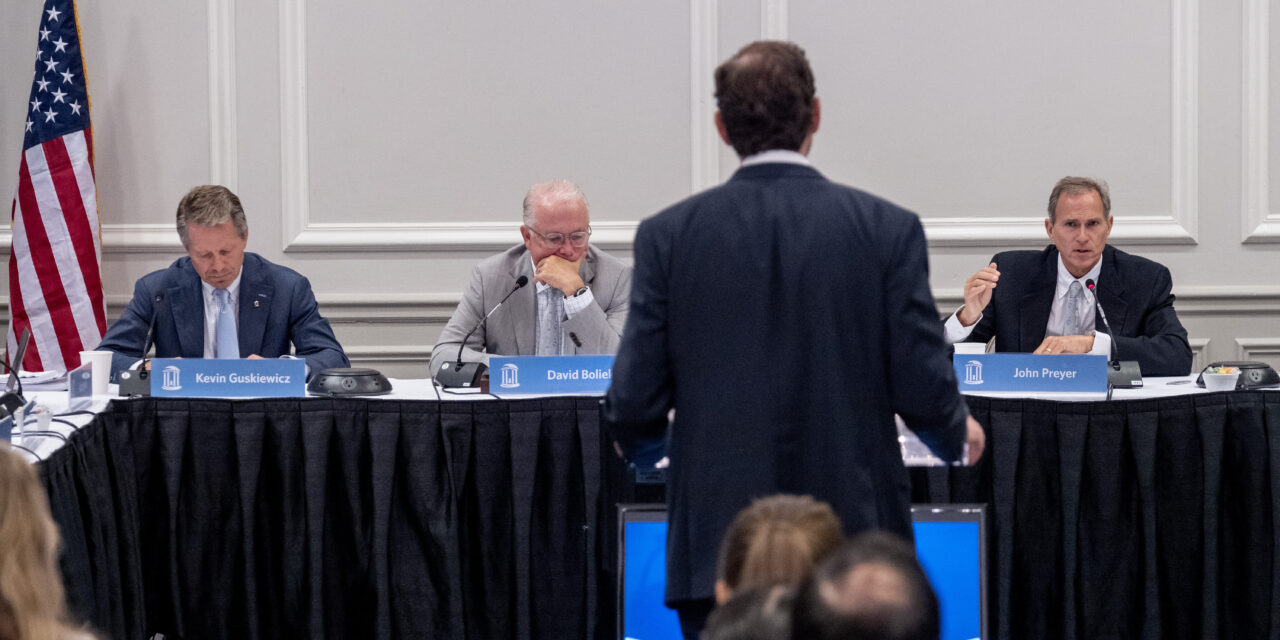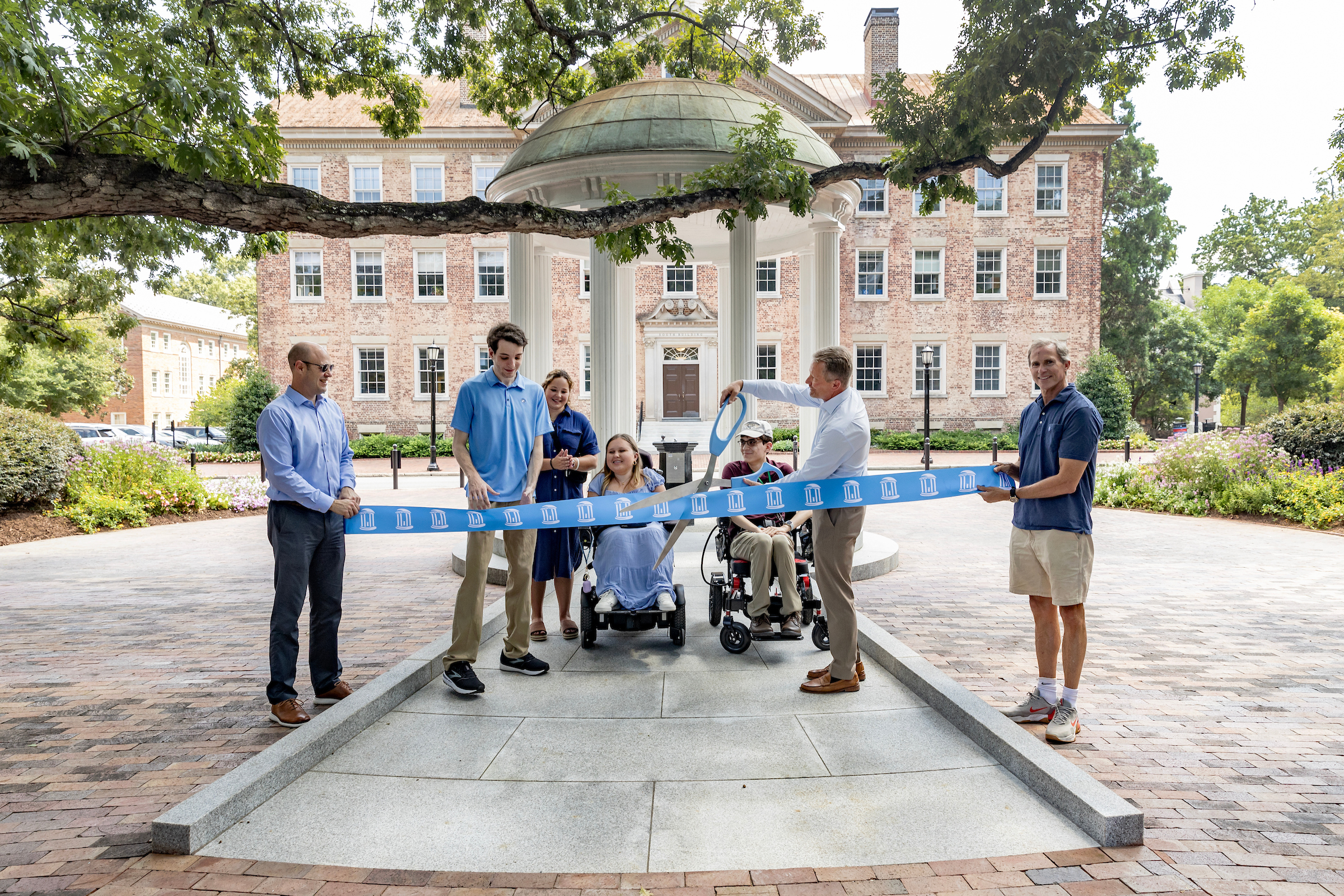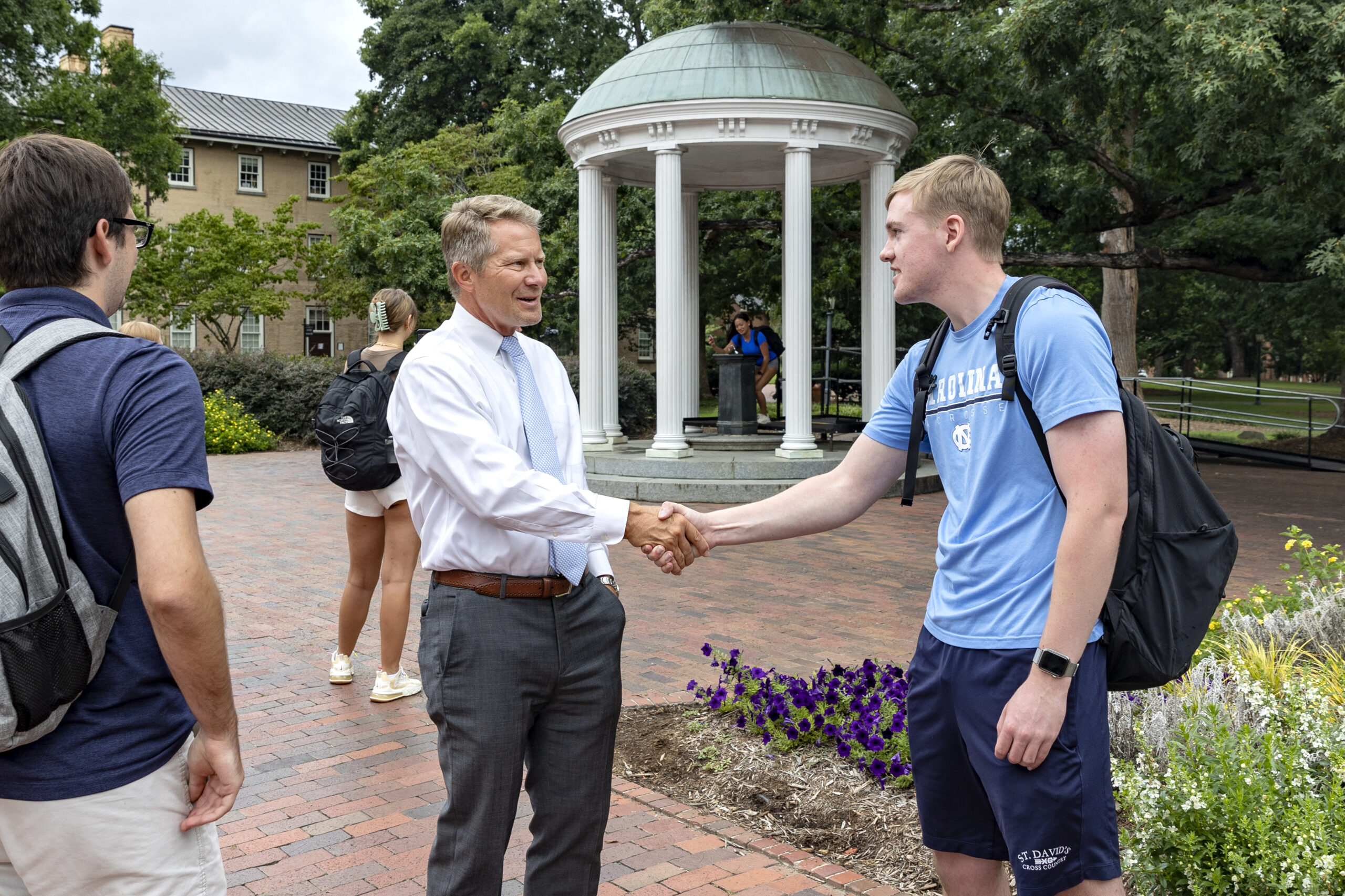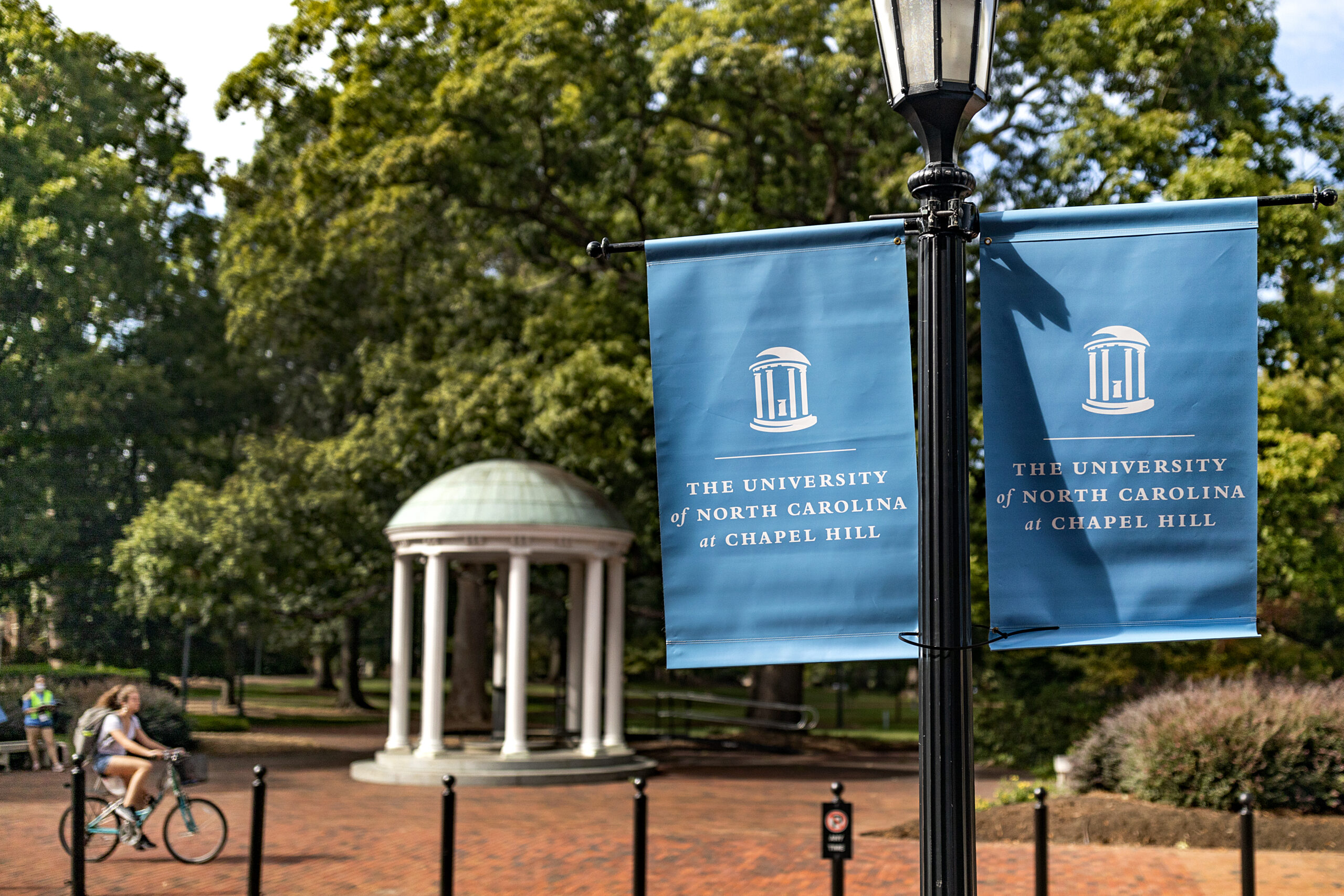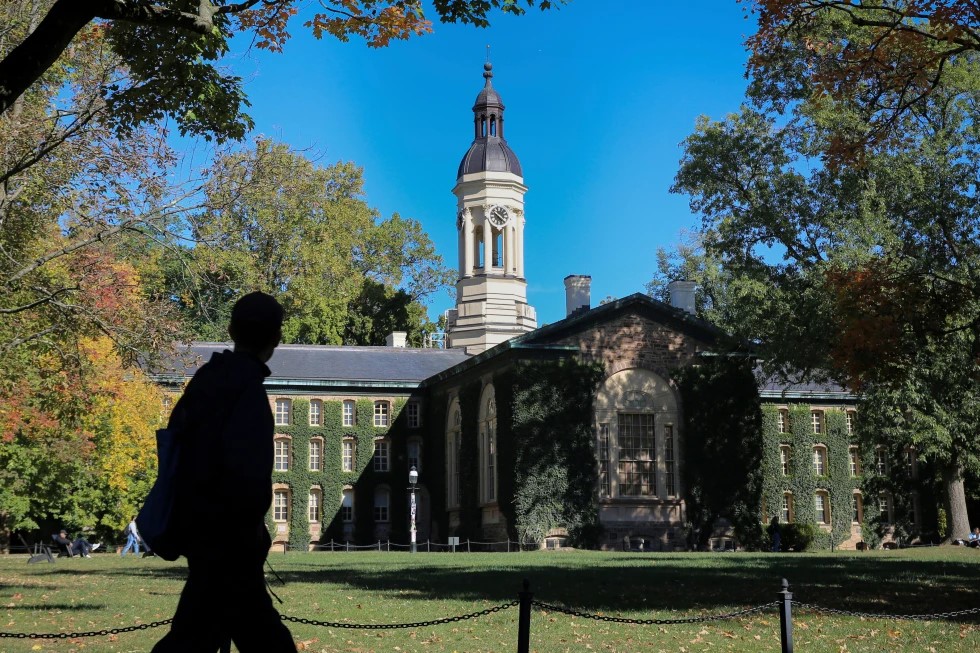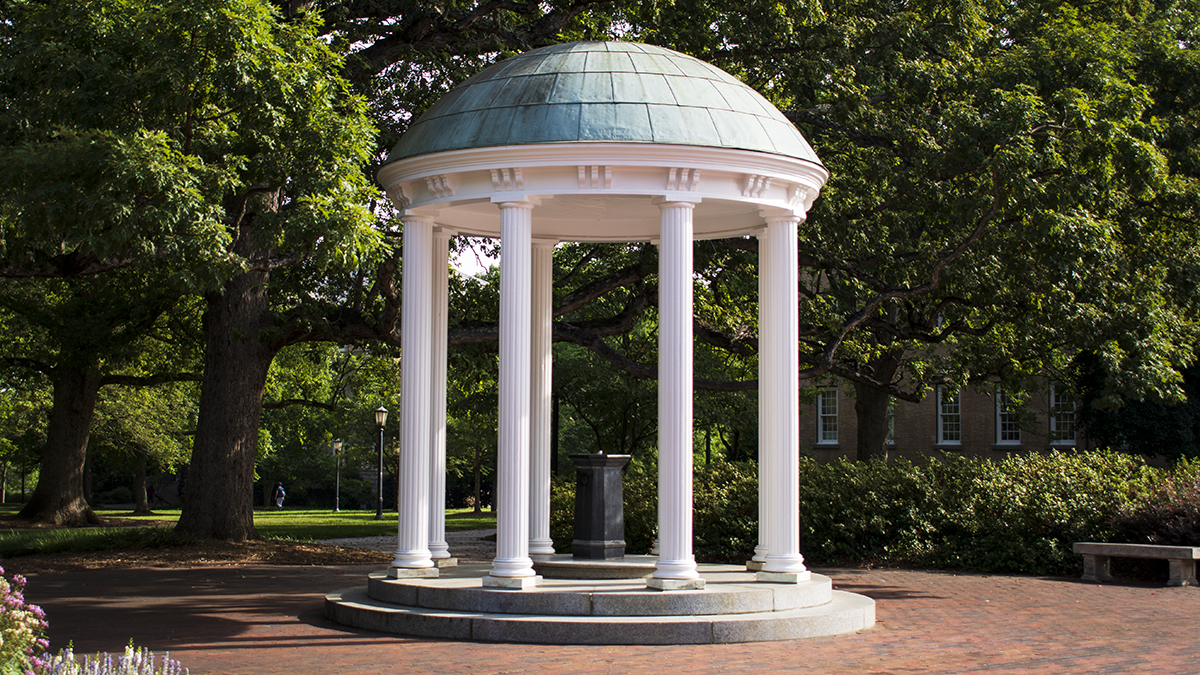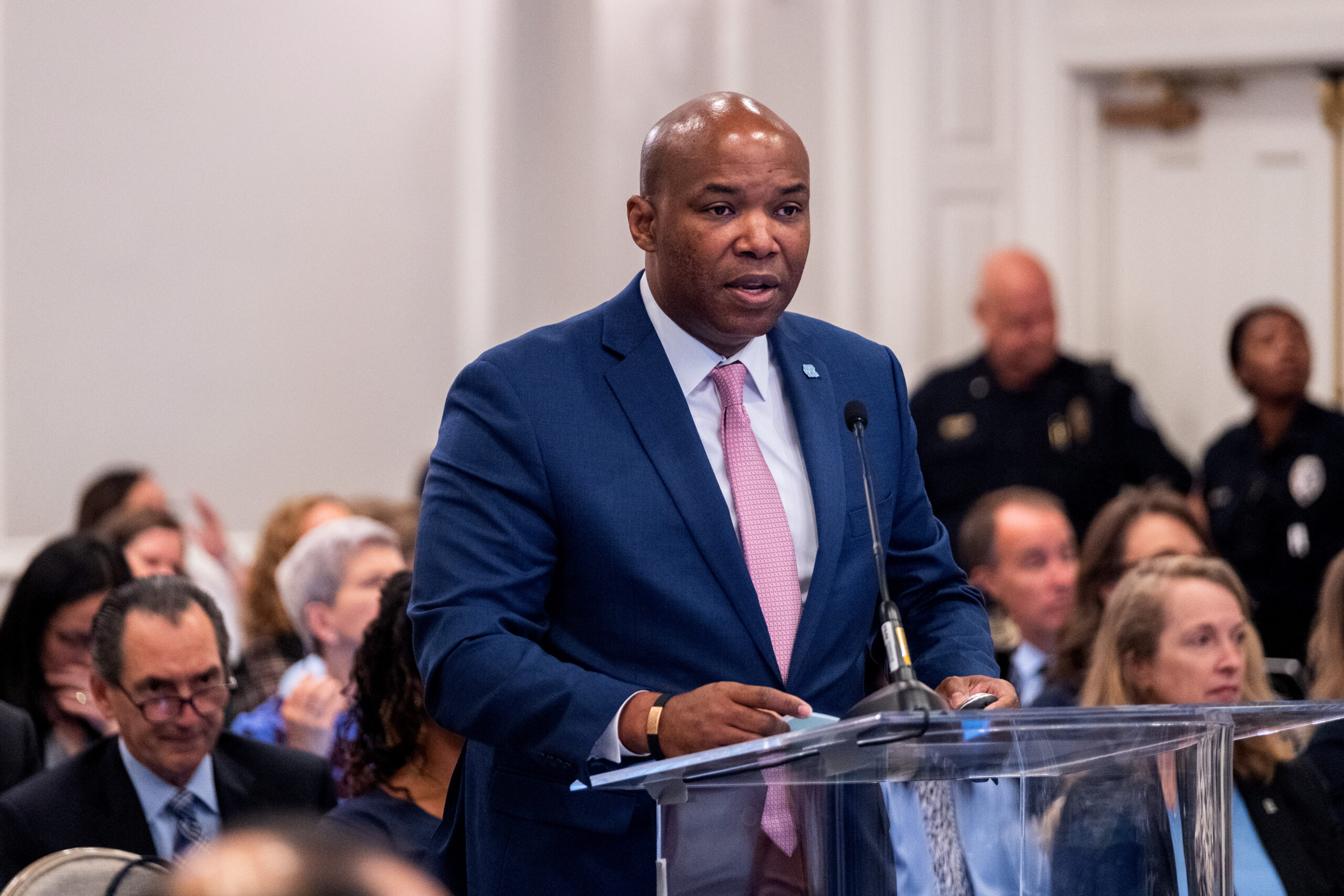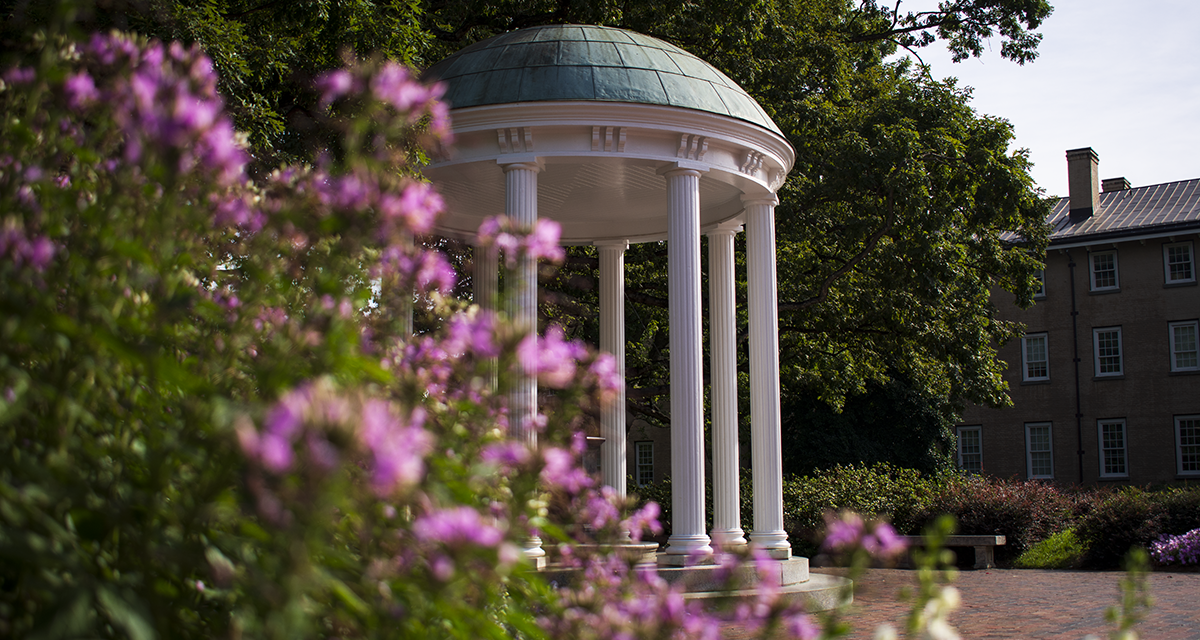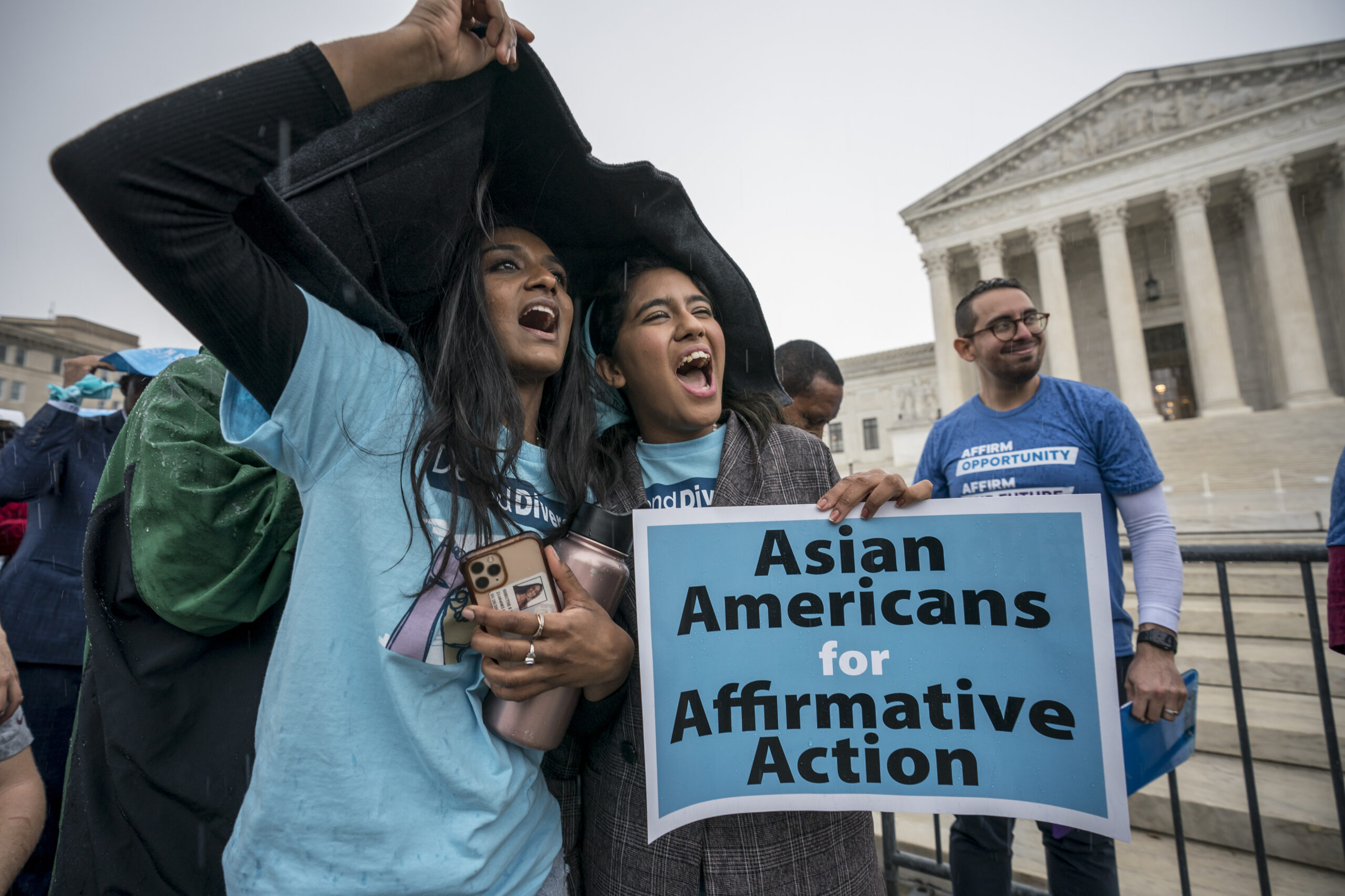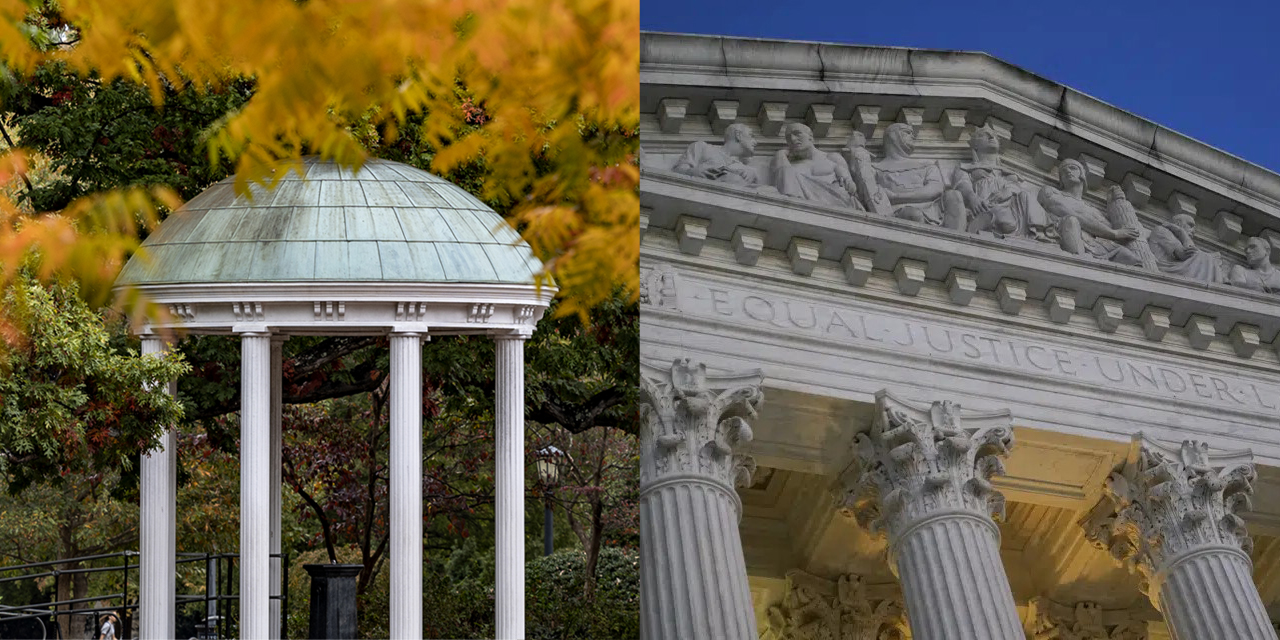As UNC started its new academic year in July, the Board of Trustees officially barred use of ‘race, sex, color or ethnicity’ in admissions, complying with the Supreme Court case decision to strike down affirmative action.
“When we received the Supreme Court’s decision, we immediately implemented our plan to ensure compliance,” said UNC Chancellor Kevin Guskiewicz during the July 27 meeting when the trustees approved their resolution to change admissions policies and their ‘nondiscrimination requirements.’
“We’re working with our information and technology officials to eliminate or redact applicant racial demographic checkbox data from the application materials that admissions officials review, changing our undergraduate application materials, our trainings and our guidance to prepare our people to review applications and make admissions decisions without consideration of race,” Guskiewicz added.
The U.S. Supreme Court’s ruling in Students for Fair Admissions v. University of North Carolina effectively ended decades of practicing affirmative action in college admissions and a nearly ten-year lawsuit against UNC.
Vice Chair John Preyer criticized UNC’s involvement in the case to begin with, saying he thinks now talking solely about compliance is a ‘mistake,’ since the Supreme Court decided the university’s actions were unconstitutional.
“I think it’s incumbent on all of us to sort of ask the question: why did we do that? How did we get there,” Preyer asked. “We think we’re fighting the good fight, well, it turns out the good fight is against the law.
Student Body President Christopher Everett said he hopes the university remains committed to diversity and inclusion despite the changes in its admissions practices.
“While the university will always follow the law, it is my hope that the folks in this room and the members of this board will continue to make sure that Carolina remains in reach for current and prospective students across this country,” he said.
Everett added he believes all students ‘deserve to be here.’
“The truth is, a lot of our students are scared for the future of our campus, both current and prospective,” Everett said. “But I recommit my promise to be an advocate for all and to work with students, university administration, and the members of this board to make sure that everyone who wants to, can become a Tar Heel.”
As the fall semester approaches, the board also had multiple updates about summer progress on improvements for campus accessibility.
Chair David Boliek said he believes the university must not ‘cling to the past’ when trying to solve accessibility problems on campus.
“Resources are finite. Therefore, we must be efficient and most importantly effective in how those resources are deployed,” Boliek said.
Guskiewicz shared the ramp construction on the Old Well will be completed in time for the start of the semester.
“We’ve been told that, yes, that ramp will be finished before the first day of class so that students can take their first sip,” said Guskiewicz.
He said the addition of a permanent ramp to the Old Well won’t be the only accessibility improvement.
“We’re grateful for the approval of important projects yesterday in the finance and budget committee meetings that will improve accessibility for many on our campus,” he added. “From Caldwell Hall accessibility improvements to elevator modernizations in buildings across campus is an important next step in our commitment to making our spaces more welcoming to everyone in our community.”
Guskiewicz also reported the degree for the new School of Data Science and Society has been approved by the Board of Governors, and the first cohort of students will begin in January 2024. He said 15 new faculty have been hired and the school’s leadership team is in the process of designing a curriculum and courses.
Guskiewicz said the School of Civic Life and Leadership’s first seven tenure-track faculty members will be appointed from within the college in the coming weeks.
Classes begin shortly for students on Monday, August 21.
Featured image via Jon Gardiner/UNC-Chapel Hill
Chapelboro.com does not charge subscription fees, and you can directly support our efforts in local journalism here. Want more of what you see on Chapelboro? Let us bring free local news and community information to you by signing up for our biweekly newsletter.

